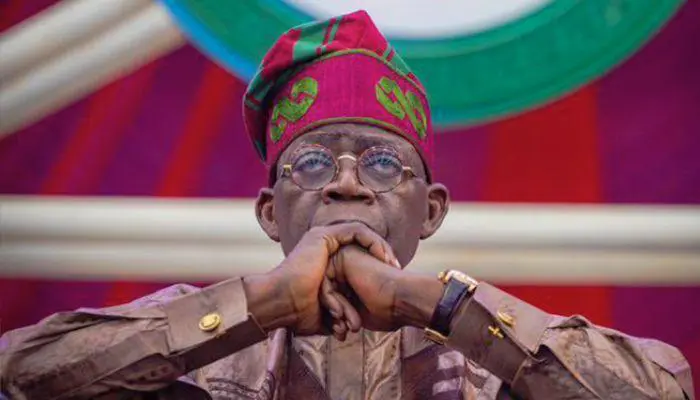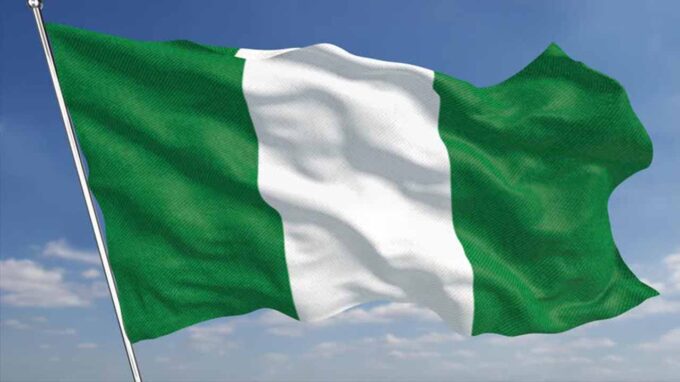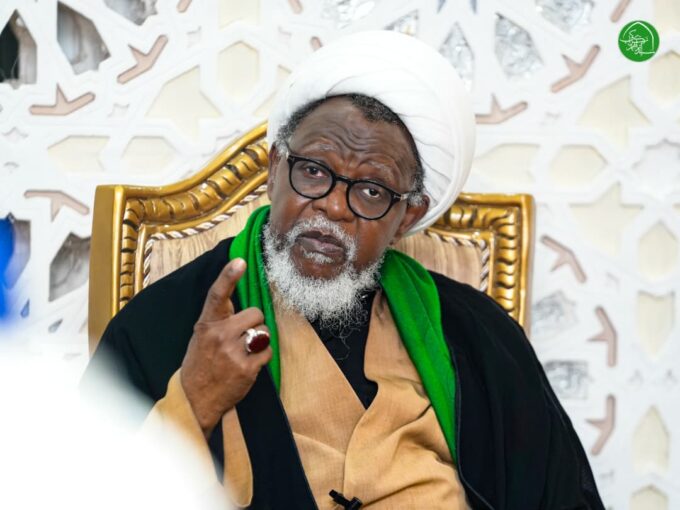A new World Bank report indicating that 139 million Nigerians now live in poverty has ignited a sharp debate between the presidency and critics about the true state of the nation’s economy. While the government disputes the methodology behind the figures, opposition parties and civil society organizations point to what they describe as a growing disconnect between official statistics and citizens’ lived experiences.
The presidency strongly challenged the report’s findings, with Special Adviser on Information and Strategy Sunday Dare arguing that the World Bank’s approach fails to capture Nigeria’s economic reality. “There must be caution against interpreting the World Bank’s number as a literal headcount,” Dare stated.
“It is a global modelled estimate, not an empirical representation of 2025 conditions. What truly matters is Nigeria’s trajectory — and ours is one of recovery and inclusive reform.”
Dare emphasized that the government’s reforms, including fuel subsidy removal and exchange rate unification, were “painful but necessary steps” to address fundamental economic challenges. He maintained that the administration remains focused on “empowering households, expanding opportunities, and building an inclusive, resilient economy.”
However, the African Democratic Congress (ADC) offered a starkly different perspective, describing the report as “an undeniable verdict” on the government’s economic performance. In a statement signed by National Publicity Secretary Bolaji Abdullahi, the party asserted that “under the APC and President Tinubu’s government, more Nigerians have fallen into poverty than at any other time in our history.”
The ADC criticized what it called “cosmetic reform” and urged the administration to “start putting the people first by prioritising food security, job creation, and targeted social protection systems.”
ActionAid Nigeria echoed these concerns, with Country Director Andrew Mamedu characterizing the situation as a “national poverty crisis.” Mamedu noted that despite signs of GDP recovery, “the benefits of such growth have not translated into real improvements in citizens’ livelihoods.”
He highlighted the erosion of workers’ purchasing power, comparing the 1981 minimum wage of N125 (equivalent to £100 then) to today’s N70,000 (worth £35.63 now), showing a significant loss of value.
The organization also raised alarms about Nigeria’s debt management and fiscal transparency, citing the U.S. Fiscal Transparency Report 2025 which faulted Nigeria’s procurement system.
Mamedu emphasized that “when over half the population lives below the poverty line despite trillions spent in the name of development, something is fundamentally broken,” calling for a National Poverty Summit to address these issues.
Economist Victoria Hauwa-Ibrahim from Nasarawa State University urged stronger institutional discipline, warning that without credible governance practices, even well-intentioned reforms might fail to deliver inclusive development. She noted that despite GDP growth of 4.23% in the second quarter of 2025, persistent inflation continues to erode purchasing power and undermine living standards.
The contrasting responses to the World Bank report highlight the ongoing debate about the effectiveness of Nigeria’s economic policies and the accurate measurement of their impact on ordinary citizens.















Leave a comment